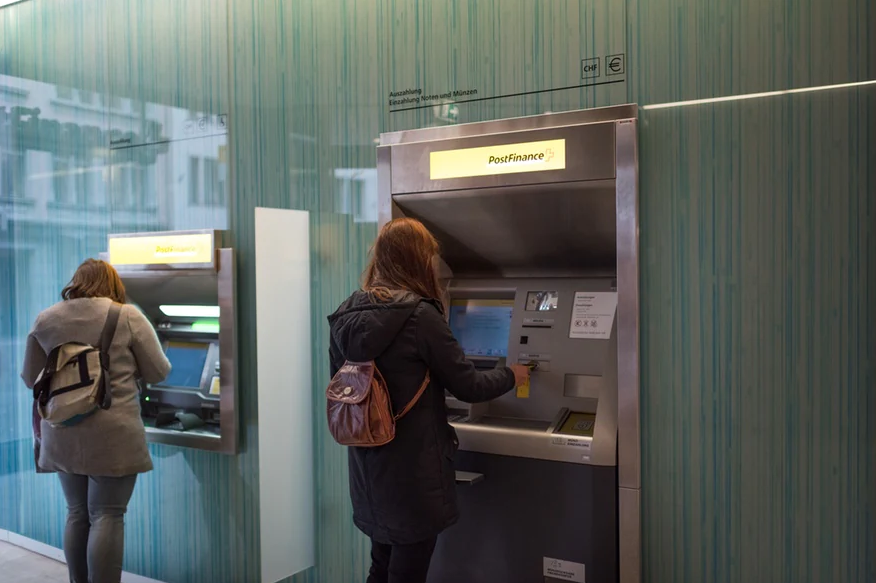Paper mountain: applications for short-time working compensation in canton Vaud, April 2020. Keystone / Jean-christophe Bott The Swiss Federal Audit Office says it is worried by a surge in fraud cases linked to the short-time working system, a key pillar of the country’s economic response to Covid-19. The office’s director Michel Huissoud told public radio SRF on Monday he was “shocked by the number of complaints, mistakes, and abuses” recorded to date. As many as 777 cases of abuse of the short-time working system have been flagged to date, according to the State Secretariat of Economic Affairs (Seco). Of these, 509 were deemed to be based on well-founded suspicion after a first examination. Some 118 have already been closed, with 87 cases of error and 10 cases
Topics:
Swissinfo considers the following as important: 3.) Swissinfo Business and Economy, 3) Swiss Markets and News, Business, Featured, newsletter
This could be interesting, too:
Nachrichten Ticker - www.finanzen.ch writes Die Performance der Kryptowährungen in KW 9: Das hat sich bei Bitcoin, Ether & Co. getan
Nachrichten Ticker - www.finanzen.ch writes Wer verbirgt sich hinter der Ethereum-Technologie?
Martin Hartmann writes Eine Analyse nach den Lehren von Milton Friedman
Marc Chandler writes March 2025 Monthly

Paper mountain: applications for short-time working compensation in canton Vaud, April 2020. Keystone / Jean-christophe Bott
The Swiss Federal Audit Office says it is worried by a surge in fraud cases linked to the short-time working system, a key pillar of the country’s economic response to Covid-19.
The office’s director Michel Huissoud told public radio SRF on Monday he was “shocked by the number of complaints, mistakes, and abuses” recorded to date.
As many as 777 cases of abuse of the short-time working system have been flagged to date, according to the State Secretariat of Economic Affairs (Seco). Of these, 509 were deemed to be based on well-founded suspicion after a first examination. Some 118 have already been closed, with 87 cases of error and 10 cases of abuse recorded. The review of fraudulent claims permitted the recovery of almost CHF9.5 million ($10.5 million).
Huissoud said he was surprised by the lack of oversight at the companies tapping into government support. He criticised reports that unemployment inspectors have been working from home – according to federal pandemic rules – rather than getting out and checking suspect cases.
“I don’t understand it,” Huissoud said. “Border guards are at the border, police are present [on the streets], people still work in Coop in Migros. But there’s no on-site inspections”.
Huissoud also maintained that the simplified procedures for claiming short-time work compensation made fraud easier. The simplified rules, put in place to reduce red-tape for struggling companies, already came in for criticism from his Audit Office last year.
Seco, which is responsible for the oversight of the short-time hours system, did not comment to SRF on Monday, but promised to discuss the issue at a press conference next week.
Partial unemployment scheme
The so-called short-time working scheme allows companies to reduce the hours of employees during hard times, with the state taking up the slack by subsidising lost income.
The system has been heavily relied on by firms during the pandemic, with the peak coming during the first Covid-19 wave in April 2020, when more than 1.3 million people worked reduced hours.
Overall, between March 2020 and March 2021, the state paid out about CHF11 billion ($12.3 billion) through the system; in February 2021 alone, the most recent month with available statistics, companies claimed CHF800 million.
Tags: Business,Featured,newsletter








